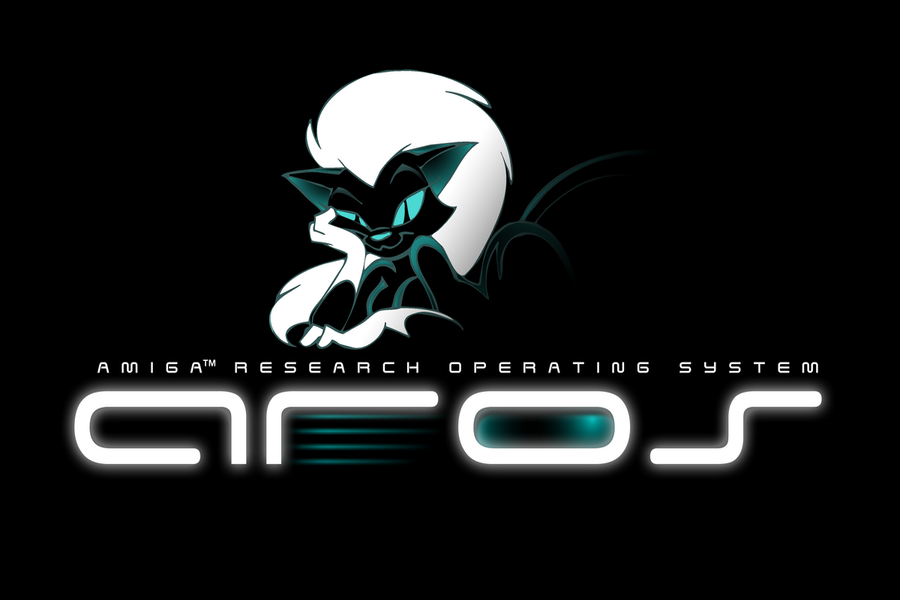Free software helps us to develop our jobs and daily tasks outside the circuits of large corporations and without any of their restrictions. Let's examine here ten free operating systems for your personal use.

Free operating systems: against corporate hegemony in the field of information technology
The free operating systems they make all the sense in the world if we consider the current state of our digital existence. It has never been as extensive and varied as it is now: practically all of our work scenarios, from goods trading, through design and writing, to journalism, are executed through the digital universe. But this world moves controlled by few corporate hands, summarized in the name Microsoft or Apple, without much else to explore.
But there is a world beyond. Alternative operating systems focus on giving the user the ability to act autonomously and creatively to achieve their ends. Its objectives are not questioned, the source code of the system is open to modification according to its interests and then the modifier is equally free to distribute the modified copies to those who find it useful.
Downloading the system is free or inexpensive, and its flexibility is also extreme. Nothing better for someone who requires complete independence from dominant manufacturers. Of course, it will require some management expertise that is somewhat forbidden for the common user.
In the following video you can see a precise explanation about this type of free software.
Some free operating systems
There are several options of this type of operating systems far from the usual programming of the digital world. While these options are rare, they still exist and provide an interesting escape for the curious user. Let's look at some of these systems, whether they are whole substitutes for traditional or add-ons for specific tasks.
If you are especially interested in the history of computer operating systems, you may also find it useful to visit this other article on our website dedicated to the Windows 1.0 operating systems. Follow the link!
AROS Research Operating System
We will start with AROS, a free, open source and highly portable operating system that uses the programming interface of the old Amiga OS 3.1 system to deal with functions focused on the multimedia field. It can be downloaded as a standalone product or as part of a distribution package, such as Icaros Desktop. As has been said, it is a portable system and can run both natively on x86-type computers as well as hosted on Linux, Windows and FreeBSD systems.
FreeBSD
Since we mentioned FreeBSD (Berkeley Software Distribution), we must say that it is a solid competitor to the triad of Windows, Mac and Linux. With much in common with the latter system, and a continuous development of thirty years, this brand with the imp logo is open source and has a great capacity to offer network services, even superior in certain details to the usual corporate systems. Its presence in the market is quite wide, even in pieces that have ended up being used by Mac or video game consoles.
FreeDOS
If you are looking precisely for systems to run old virtual DOS games, FreeDOS should be our choice. Operating as a free open source version of the MS DOS system, it is handled by the old school method, with a command console interface with the FreeCOM interpreter. It is usually automatically built into MSI machine programming packages, which do not come with Linux or Windows built in.
Syllable
Syllable is a free and open source operating system that is based on the old AtheOS system, another system of the same style that was also based on the Amiga OS, like AROS. Syllable offers browsers and applications to handle your e-mails, its greatest asset being the extreme lightness of its product: installing it in its entirety will only cover 250 MB of your computer and will require a RAM memory of only 32 MB. A true system pen.
Haiku
Haiku is another free system created at the beginning of the century following the legacy of the failed BeOS (Be Operating System) project. The system is as crisp and elegant in its interface as its poetic Japanese name suggests. Its focus is on modules created to handle 3D multimedia, video, graphics, audio, and animation elements.
ReactOS
ReactOS is one of the free operating systems more peculiar, due to its compatibility with part of the programs intended for Windows, such as drivers and applications. Without actually using the Windows code itself, it has achieved a kind of hybrid space between the more established mechanisms and the free experiment, without property but with complementarity. This informal Windows without Microsoft is able to use Adobe or Firefox programs without problems.
MenuetOS
MenuetOS is another free operating system from the middle of the year 2000. It is a fairly light system, can be saved on a simple 1,44 MB floppy disk, programmed in assembly language and with a capacity for 32 GB of RAM. It contains translations to oriental languages and is capable of managing the use of audio, video, printers, keyboards and USB in general.
Visopsys
Visopsys is another free software system developed since 1997 as a personal project of Andy McLaughlin and, unlike most of the systems described, it is not based on any previous system. Still, similarities can be seen with the Linux interface kernel and graphical icons. His writing is developed in C and assembly language for x86 platforms.
Dex OS
DexOS is a tiny system that also fits completely on an old-fashioned floppy, written all in assembler and known for its speed. Despite its toy lightness, it can be useful for playing multimedia, running basic games or command lines, and managing ZIP files.
May
The Illumos system is free software based on the previous Open Solaris system, actually developed by some of its engineers. Its main objective is to give the user a base code from which they can create their own version of the original Solaris system, releasing its possibilities in an independent field with multiple possible distributions.
So far our article on free operating systems. See you soon.

